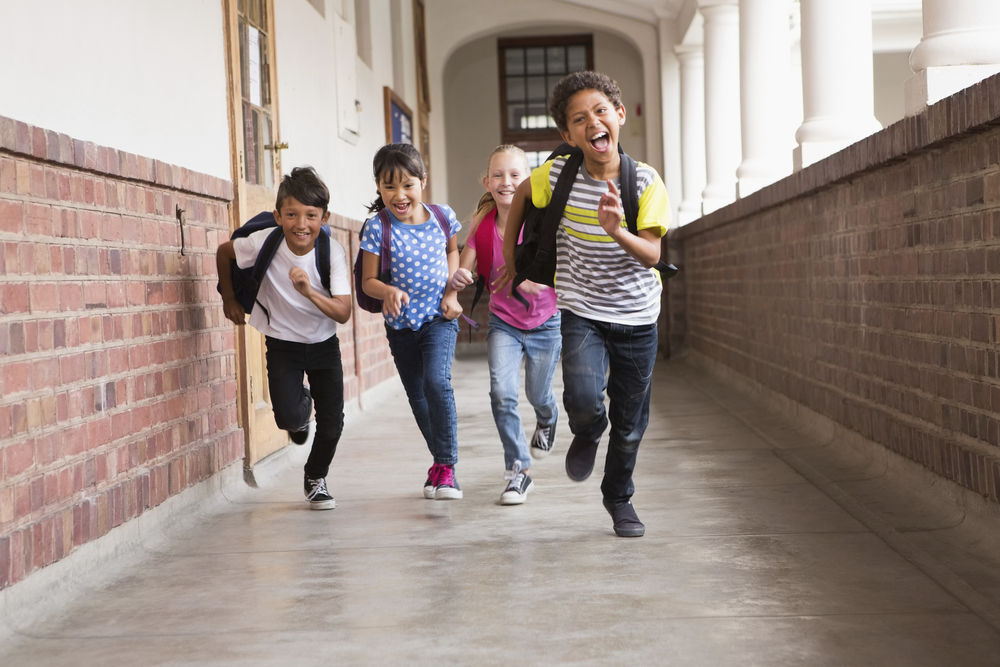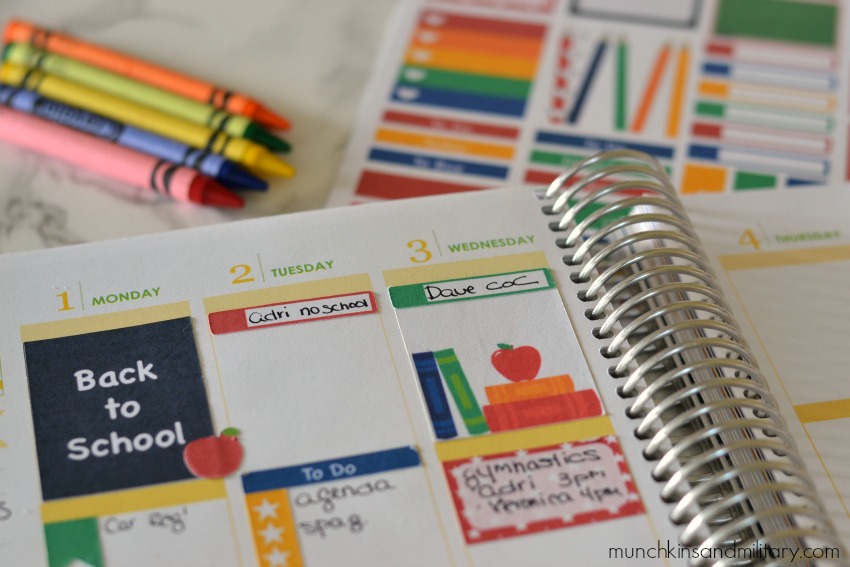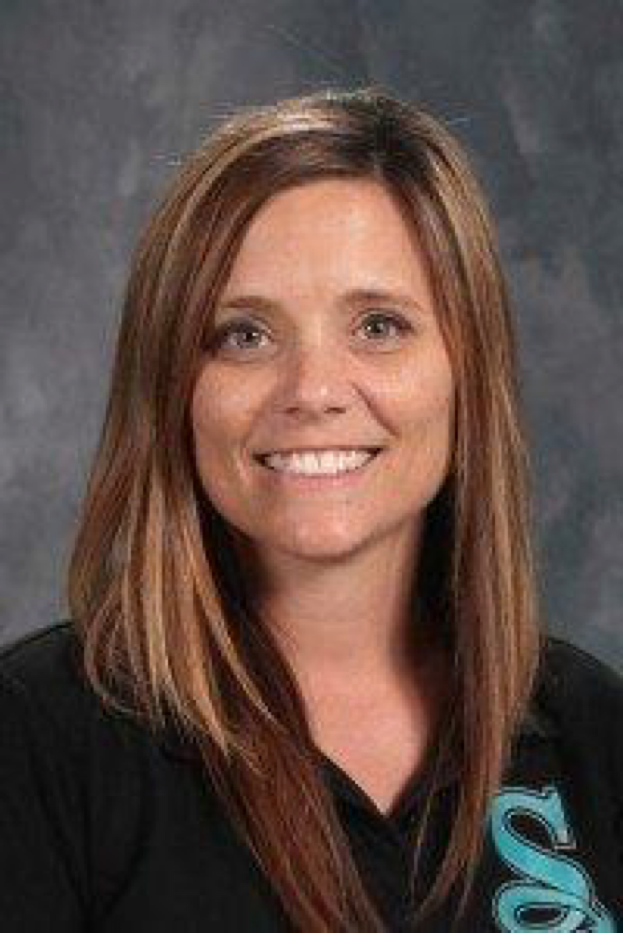Summit Is Better:
Equal Opportunity Learning

Equal opportunity is not just about making sure people from different backgrounds have the same chance to learn. In an educational setting, equal opportunity means that every learning style is treated equally and given the same opportunities for a superior education experience.
The staff at Summit Academy knows that no two students are alike, and therefore, no two students learn alike. That is why we focus on our students as individuals and let them shape their learning experience, not the other way around. While we push all of our students towards the same goal of academic success, we know that they will each take a different journey to get there, and we are there with them every step of the way.
When you chose Summit Academy for your child, you sent a clear message. You told us that you did not want your child to be treated as part of a crowd. You said that you did not want them to get left behind so that others could move forward. You told us that you wanted your child to be a part of something and to be given their chance to shine on the academic field. You made it clear that you didn’t just want a high school diploma for them, but a college degree.
For the 2015-16 school year, Summit Academy had one of Michigan’s top 50 highest graduation rates with a nearly 99% graduation rate. We heard your message loud and clear, and we have no doubt that 100% is just on the horizon.
No matter how your child learns, or what their needs are, every Summit Academy student has the opportunity to be a part of that success.
Five Ways to Build Social Skills

Our digital world has presented unique challenges when it comes to building social skills.
With emails, texts, and online messaging becoming the preferred way to communicate, many children may not have much interaction with one another on a face-to-face basis outside of the school setting.
While we want our students to enjoy using the various forms of electronic communication, it is just as important that they learn to build social skills outside of them. Below are 5 ways you can help your child develop their social skill outside of school.
Encourage them to physically engage with friends. Whether it be sleepovers or playdates, children need the physical interaction with each other to teach them social etiquette, empathy, and other qualities that they cannot learn online.
Limit their screen time.
If you put limits on how long your child is able to use mobile devices, or watch TV, it will encourage them to get out and play with friends or pick up the phone and call someone instead of texting.
Play games together.
Games are a great way for young children to build social skills. During games, they learn patience, sportsmanship, and how to relax and have fun with others.
Get them enrolled in sports.
There is no easier way to help your child learn to work with others than to put them on a sports team. Teamwork, communication, and patience are just a few things they will work on.
Talk to them, and really listen.
Show them that nothing is more valuable than sitting down and listening to another person. Remember to make it a conversation, not a monologue. Teach your child that what they have to say is no more important than what you or anyone else needs to say.
May Activity:
What Color is Your Dragon?

The little dragons of Summit Academy North Elementary are so wonderfully unique! Have your little one show their dragon spirit by decorating this dragon with their favorite colors. Once they are finished, send us a message on Facebook and Instagram with your child’s name and a picture of their decorated dragon. The most colorful dragons will be posted to our social pages.
Happy decorating!
Does Your Child Take Responsibility?

Getting a child to take responsibility for their actions is an important part of their growth and development.
As children get older, the need to understand how what they do affects those around them and contributes to society will increase.
What it means to Take Responsibility
Taking responsibility means that your child is able to handle opportunities to act independently and accomplish a task. It also means that they are willing to be held accountable for the consequences of their actions. The types of responsibility a child is given is typically dependent on their age and maturity level.
Helping Your Child with Responsibility
Some children will happily welcome the chance to display independence, while others may be more hesitant to accept even basic responsibilities. Introduce new chores and tasks at a pace that is comfortable for your child and that you are confident they can handle. Clearly explain your expectations and any necessary instructions they may need. If they need assistance, show them how to complete their responsibility, but do not take over the task for them.
Additionally, teach them that failing to complete their agreed to responsibilities has consequences. For example, if they are responsible for cleaning their room and the do not, it may be appropriate to restrict them from doing something they enjoy, like playing outside. Take the time to explain that people count on them to complete their “jobs”. Remind your child that they may make mistakes from time to time, but it important to take responsibility for their actions when they do.
Be Consistent
We understand how hard parents work these days. Mustering the energy to stay on top of your kids is not easy. Yet, teaching your child to handle responsibility can save you time and help things run smoother for the household in the long run. Do not give in and revert back to handling your child’s responsibilities for them, or shielding them from the consequences of their actions. As long as you are diligent and consistent, your child will continue to grow and eventually thrive in their new found independence.
Parents:
Utilizing your Child’s Planner

Each year students receive a planner to help them stay on top of their responsibilities at school. Did you know that these same planners are an excellent tool for parent communication?
Why Parents Need to Check Planners
Some of the things recorded in a student’s planner can include:
+ Dates assignments are due.
+ Messages for parents about grades or assignments.
+ Important event dates, such as open houses and parent-teacher conferences.
+ Program reminders or special invites.
+ Exam and test dates.
+ Parent volunteer opportunities.
Checking your child’s planner regularly can ensure that you are aware of everything going on at school and with your child. That way, you will not be caught off guard when something is due or when an event date approaches.
Benefiting from the Planner
Parents can benefit from their child’s planner by using it as an organizational tool. Pay attention to important dates and put them in your own personal calendar. Planning recreational activities around school is made a lot easier and you will be able to help your child give school assignments high priority.
To get the most out of the school planner, make it a habit to check it each day when your child arrives home from school.
This small addition to your routine will help you stay well informed about your child’s progress and activities in school.
MEET OUR STAFF & STUDENTS
Student:
Abby Miller

Age: 10
Favorite subject:
“Reading, math, and gym.”
Favorite Teacher:
“All of them.”
Why she loves Summit Academy:
“I love being able to experience several teachers and they are all phenomenal! I also love seeing all the happy and familiar faces that help us learn and become smarter. Basically, I love school!”
Student:
Rubin Martin

Age: 10
Favorite subject:
“Math.”
Favorite Teacher:
“Mr. Platt.”
Why he loves Summit Academy:
“I like Summit because they believe in their students. Summit really cares about their students and staff members.”
Faculty:
Christy Kalkun

Role at Summit Academy:
Christy has been with Summit Academy for 3 years and currently teaches math and science for 1st and 2nd grade.
Christy in three words:
Compassionate, mindful, and positive.
Why she loves Summit Academy:
“I love the family atmosphere and the fact that everyone looks out for one another.”
Most memorable moment at Summit:
“My most memorable moment occurred when I first started working for Summit Academy. I was a new teacher and had only started a few days before the school year. Everyone was so kind and helpful to me. Some of the staff came in just to help me get my room ready. I will always remember the warmth and kindness I received that day.”
Interesting Fact about her:
“Although I love math and science, I love teaching reading as well!”
Summit Academy is better because…
“The staff is dedicated to their students and loyal to them, just like you would expect in a family. Each child holds a special place in our hearts.”
